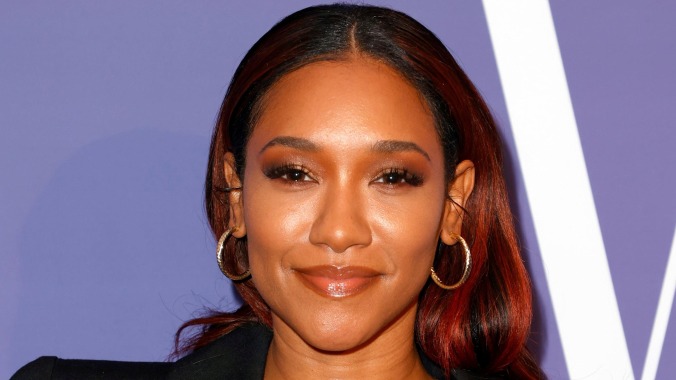Candice Patton says the CW didn’t protect her from racist fans of The Flash
Early backlash to the Black Iris West was treated as just "how fans are," Patton recalls

Yet another Black actor is detailing the failures of their employers to protect them from bigoted backlash. Candice Patton has been vocal about her experience with racist fans of The Flash, and she is one of many CW actresses who banded together to speak on their experiences back in 2020.
Two years later, in a new interview on The Open Up Podcast, she reflected on the lack of support she felt after her groundbreaking casting as the Arrowverse’s Iris West. “It’s a dangerous place to be in when you’re one of the first, and you’re facing backlash for it and there’s no help. Now, people understand a little better and they understand how fans can be racist, especially in genre, and misogynistic. But at the time it was kind of like: ‘Yeah that’s how fans are, but whatever,’” Patton said.

 Keep scrolling for more great stories from A.V. Club.
Keep scrolling for more great stories from A.V. Club.